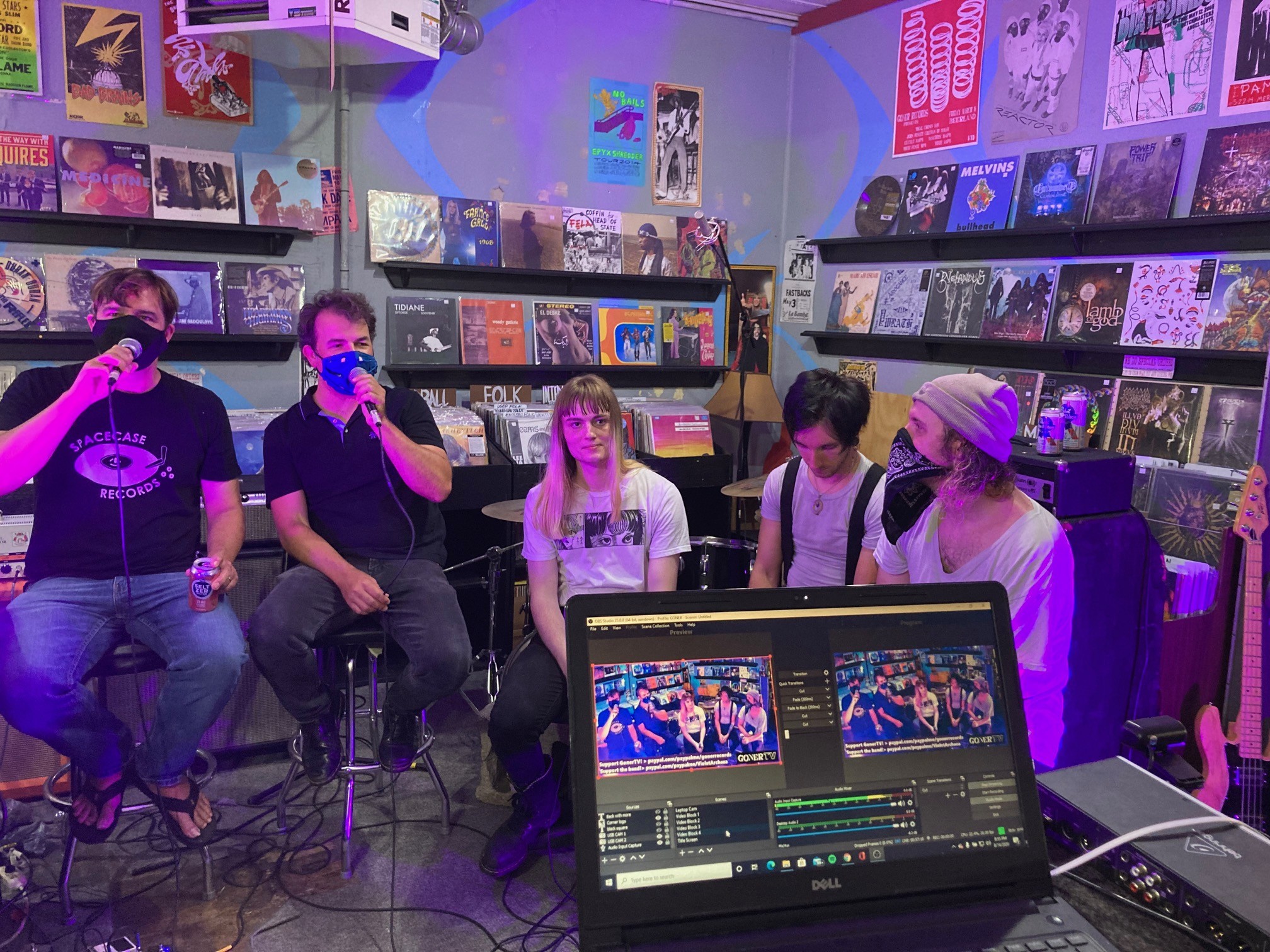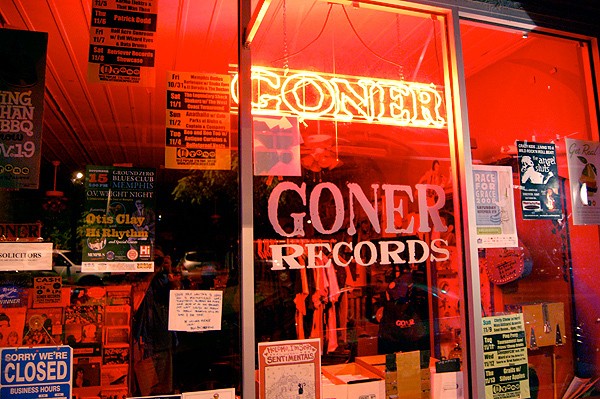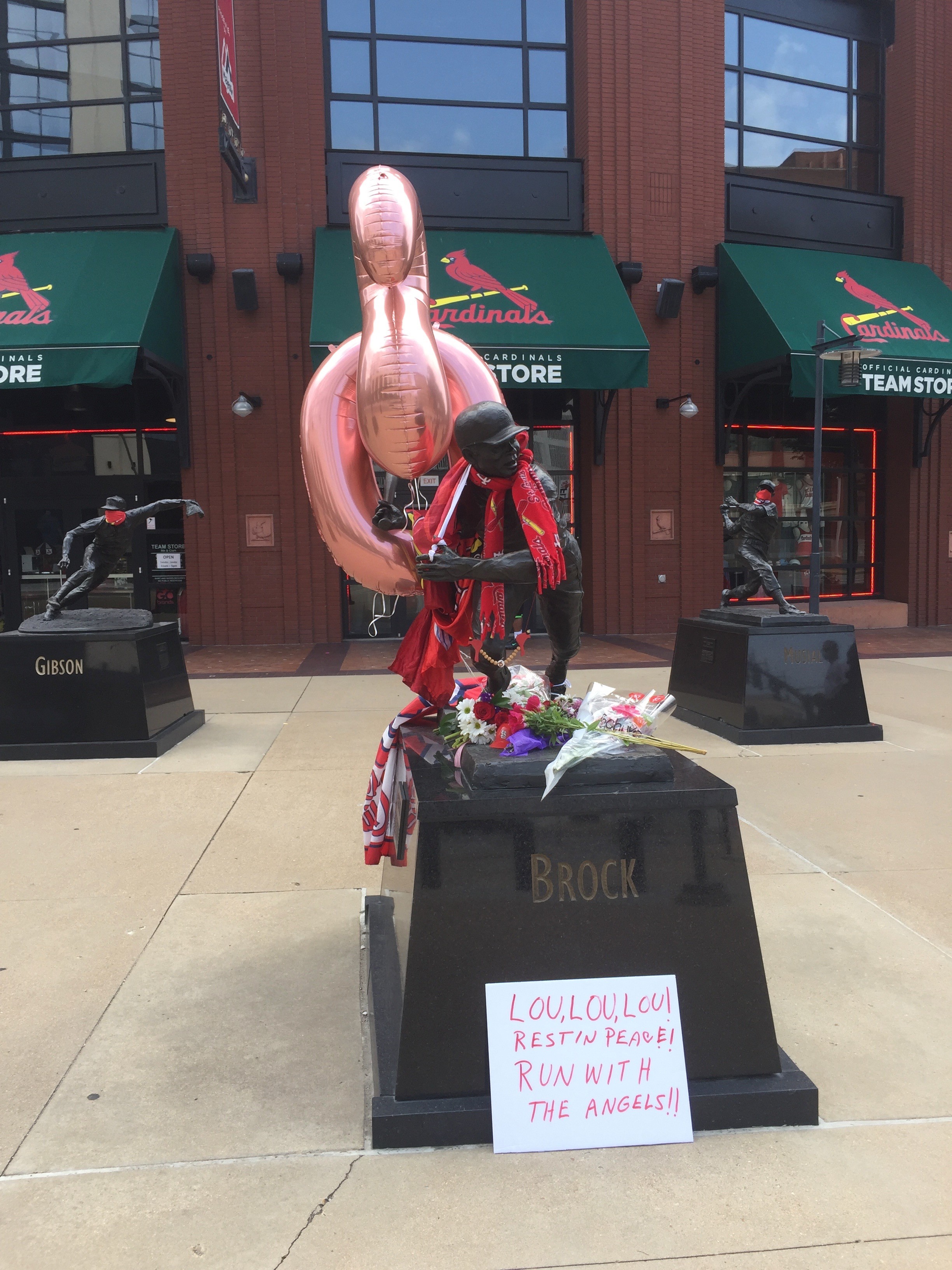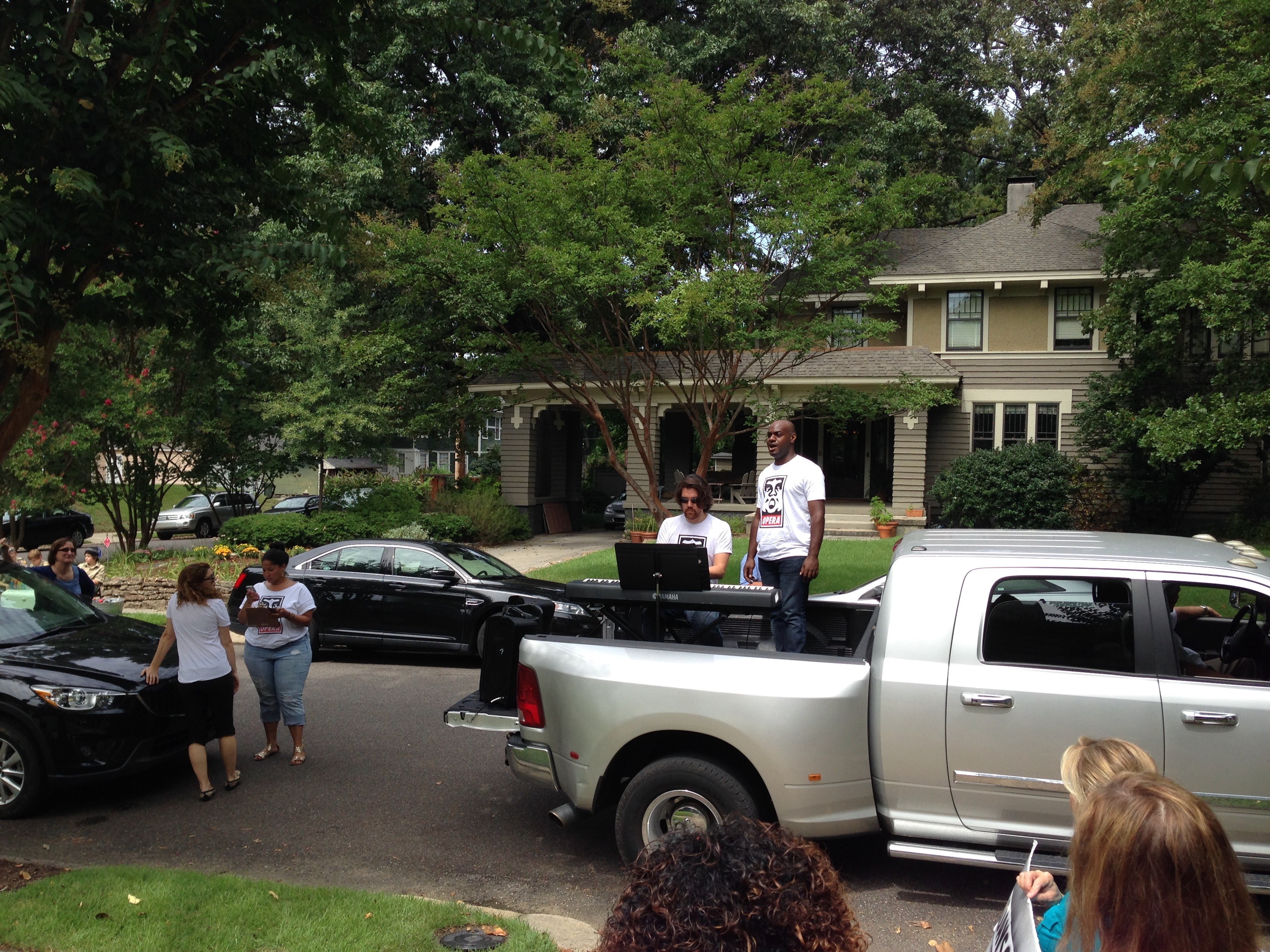More than 10,000 nearly identical bills have been introduced by Republicans in legislatures around the country to stop what they say is a rampant movement to install Sharia law in our courts, governments, and schools. Muslims, the GOP alleges, are planning to start teaching Sharia law to our children. Local chapters of the Washington, D.C.-based ACT for America, which describes itself as the “NRA of national security,” are encouraging their supporters to show up at school board meetings and legislative hearings and to flood lawmakers’ inboxes and phone lines in support of anti-Sharia law bills. Right-wing media hosts are stirring up their viewers and listeners with a constant drumbeat against the impending peril of Sharia law. …
Wait a minute. … Oooh, shoot. This is embarrassing. Folks, I accidently used some of my notes from 2012 to start this column. Damn. I hate to retype all that. Here’s an idea: Wherever you see “Sharia law” in that first paragraph, substitute “critical race theory.”
So here we are, once again dealing with a well-organized campaign over a non-issue meant to divert the mouth-breathing GOP base — and the national media — from any substantive debate on real issues. File this with: Liberals will take your guns, gay marriage will destroy society, transgender folks will take over women’s sports and pee in the wrong bathroom, climate change is bogus, and COVID vaccines are a government plot akin to the Holocaust.
We are in the middle of a full-blown pandemic of ignorance, and it’s an aggressive strain — easily spread by social media campaigns, cynical politicians, and television hosts who prey on human gullibility, naivete, and plain old stupidity. This pandemic is being spread intentionally. You don’t have to be within six feet of another person to get it. A mask won’t save you. The viral ignorance is everywhere, but it’s particularly rampant in red states and among Republicans and other consumers of right-wing media.
This pandemic is anti-science. It is anti-common-sense. And it is killing people. It is one thing to deny that raging forest fires, record floods, unprecedented droughts, record-setting heat waves and deep freezes, melting ice caps, and rising sea levels are just “weather.” Yes, that’s ignorance, and yes, it is literally killing people, but it is not as clearly ignorant as refusing to take a vaccine that could save your life. That is next-level stupid. And it appears to have infected around 30 percent of the country’s adults.
Those resisting the vaccine give a number of reasons: Vaccines may have bad side effects. (COVID definitely has bad side effects.) I have powerful T-cells and natural immunity. (No, you don’t.) I don’t trust the government. (But you trust conspiracy websites and Tucker Carlson?) It’s my body and my choice! (You know who doesn’t have a choice? Millions of unvaccinated school children headed back to class in August. Maybe think about them.)
The evidence could not possibly be clearer that the vaccines stop COVID. In one study released just last week, 99.2 percent of those who’d died from the Delta variant were unvaccinated.
In Arkansas, the Delta variant is spreading rapidly. Just north of there, Missouri has become the poster child for the pandemic of ignorance, a blotch of deep purple on The New York Times’ daily map showing COVID hot spots and high-risk areas. Springfield hospitals have sent out a request for ventilators. Most counties in Southern Missouri have vaccination rates in the 25 percent range. It’s going to get worse there before it gets better, since many are still resisting getting the shot (unlike the Fox News hosts ranting against the vaccine — most of whom got the jab months ago).
Meanwhile, here in Shelby County, our vaccination rate hovers at around 35 percent. Local officials are urging those who are still unvaccinated to get it done soon. I hope people listen. I mean, if we can stop Sharia law, surely we can stop the pandemic of ignorance.





